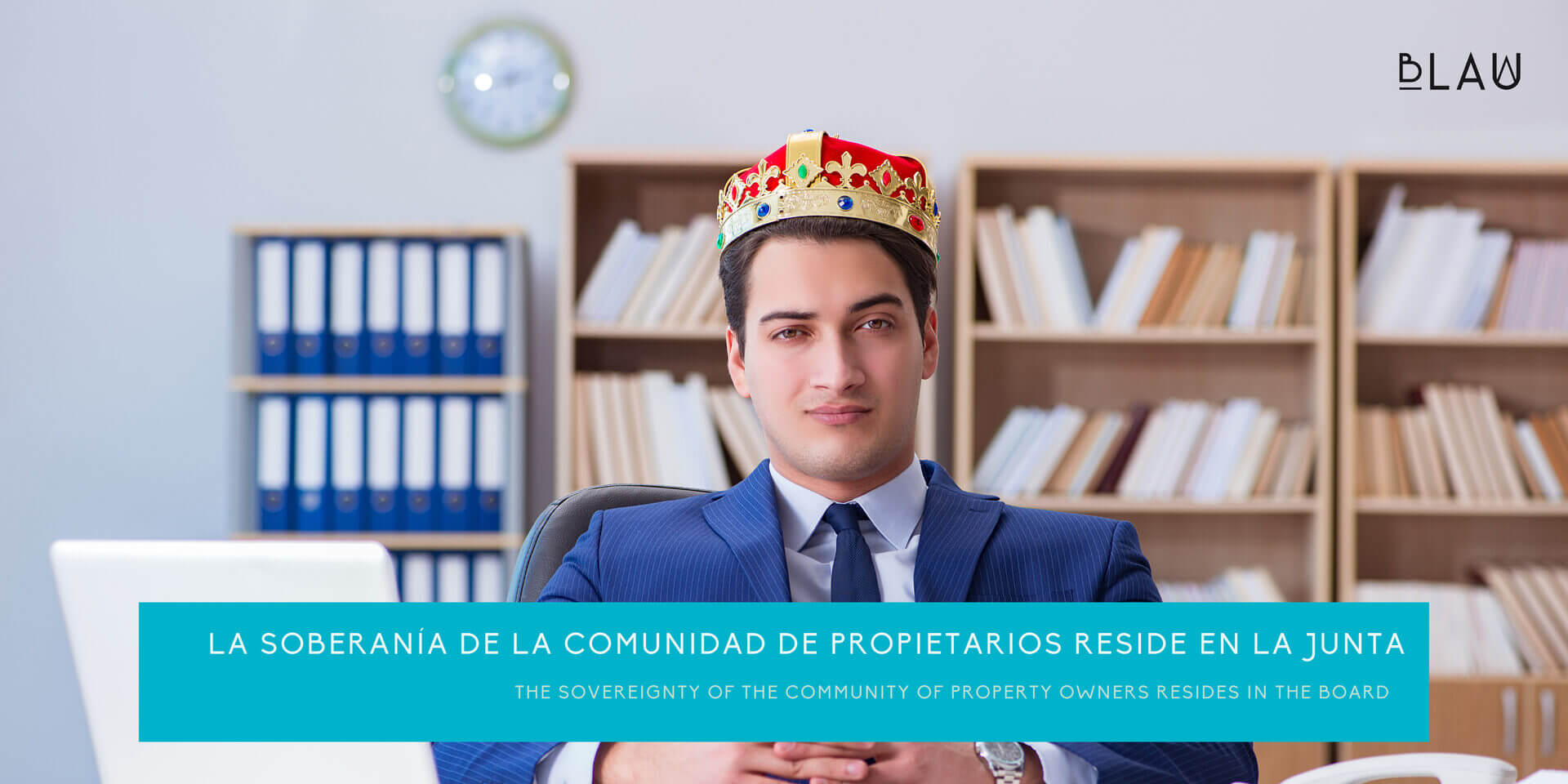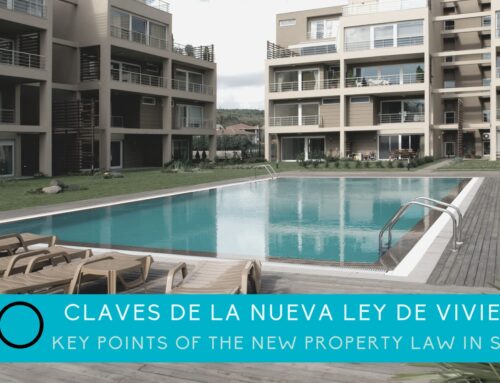Many property communities, especially those composed of second homes, are governed by a president-owner who resides there year-round and, therefore, believes they have the right to do as they please, with the connivance of the Property administrator, thus sowing discontent among the rest of the neighbors.
Unfortunately, this situation is more common than we think, which is why we have decided to write this article so that neighbors tired of enduring their “all-powerful” President know their rights.
We will start with what is stipulated in Article 14 of the Horizontal Property Law (hereinafter LPH), which states the following:
“It is the responsibility of the Owners’ Board:
a) To appoint and remove the persons who hold the positions mentioned in the previous article (President and Secretary-Administrator) and to resolve the claims that the owners of the apartments or premises make against their actions.
b) To approve the plan of foreseeable expenses and income and the corresponding accounts.
c) To approve the budgets and the execution of all repairs to the property, whether ordinary or extraordinary, and to be informed of the urgent measures taken by the administrator in accordance with Article 20.c).
d) To approve or amend the bylaws and determine the rules of internal regime.
e) To know and decide on other matters of general interest to the community, agreeing on the necessary or convenient measures for the better common service.”
From the above, it is clear that it is the responsibility of the Owners’ Board – and not the President or the Secretary-Administrator – to approve budgets and the execution of all repairs to the Property Community, to be informed of urgent measures taken by the President or the Secretary-Administrator, to know and decide on all matters of general interest to the community, and to agree on the necessary or convenient measures for the better common service.
Consequently, neither the President nor the Secretary-Administrator are authorized to make extraordinary expenses or mere liberalities (such as changing the streetlights in green areas or buying a ping pong table), nor to create or modify the internal regulations of the community (prohibiting the use of the pool, gym, spa, paddle tennis court, solarium, etc., during certain months of the year), since this function corresponds solely and exclusively to the owners in a General Meeting, Ordinary or Extraordinary, duly convened.
It should be noted that the President, beyond being the mere representative of the Property Community, is simply the executor of the agreements adopted by the Owners’ Board and, although he has the limited decision-making margin granted by Article 10.1 a) of the LPH (“shall be obligatory and shall not require prior agreement of the Owners’ Board […] the works and works that are necessary for the adequate maintenance and compliance with the duty of conservation of the Property Community”), within this framework he does not have the necessary powers to undertake unilateral actions without prior submission to the vote of the Board.
The president must execute decisions agreed upon by the owners, as the sovereignty of the property community resides in the board.
Even in the event that the unilateral measure, action, or decision taken by the President or the Secretary-Administrator were the most appropriate and beneficial for the Community (commissioning a general cleaning of the parking lot after a sewage breakdown), before adopting it, it must be proposed to the Owners’ Board, so that its members can discuss and decide on it, and in no case can the approval that corresponds to the Board be skipped, since, as mentioned above, the actions of these members of the Governing Board are representative and subordinate to the opinion of the Owners’ Board, the true decision-making body, where the sovereignty of the Community resides.
Therefore, it can be concluded that beyond the expenses expressly authorized by the Owners’ Board, the President or the Secretary-Administrator can only incur those which, due to their low amount, are understood to be pre-authorized (for example, changing a light bulb that has blown out in the staircase landing) or those others that are required to avoid serious harm whose urgent adoption prevents prior consultation with the owners (such as hiring a plumber to repair a water leak causing a flood), with the rest of the situations not similar to those described above, their submission to the approval of the Owners’ Board being mandatory.



Leave A Comment